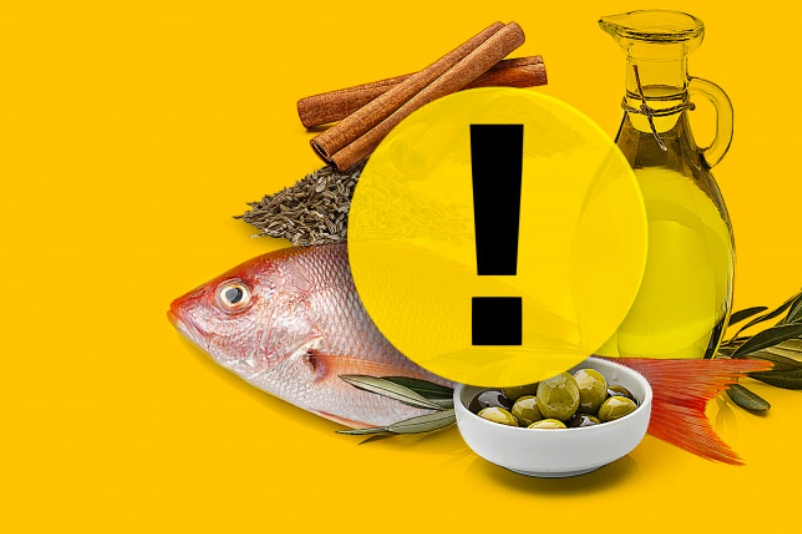
Released at 6:00 p.m.
5 types of food
The CFIA tracks five types of foods that are particularly vulnerable to fraud: honey, fish, olive oil, expensive oils (coconut, sesame, grape seed, butter, etc.) and spices.
Honey
11.5% of samples were unsatisfactory (21/182)
Fraud: Foreign sugars (sugars derived from sugarcane, corn or rice syrups) were more frequently found in bulk or processed honey (5%) (26% samples) than in retail (5%).
Extensive menu: Of the 21 samples adulterated, only 5 were Canadian specimens. Others are imported (Egypt, Germany, Greece, India, Taiwan, Australia-Brazil, Bulgaria-Greece and India-Canada blends).
Fish
8.8% of samples were unsatisfactory (9/102)
Fraud: Species replacement (lower priced species will be displayed as higher value species) and incorrect labeling.
Extensive menu: Misrepresentation of Soul, Atlantic Catfish, Skorfish, Hollywood, Pollock, Sea Bass, Snapper and Wild Pacific Snapper.
Olive oil
12.2% of samples were unsatisfactory (6/49)
Fraud: Replace high value olive oil, or diluted, cheap vegetable oil, refined olive oil or low quality virgin olive oil.
Extensive menu: The blend of oils from Greece, Italy and Spain is one of the most complex products. Others are from Italy, Lebanon, Spain or Syria.
Other high-priced oils
33.8% of samples were unsatisfactory (22/65)
Fraud: High value oils can be substituted or diluted with less expensive oils, or virgin and cold pressed oils can be diluted with the same type of oil, but refined.
Extensive menu: Seven harmful oils (coconut, sesame, grape seed, almond, flax, butter, hazelnut).
Spice
7.1% of samples are unsatisfactory (9/127)
Fraud: High value spices mixed with unauthorized ingredients, e.g. Dyes and additives, including some allergens (such as peanut butter, wheat flour).
Extensive menu: Undeclared dye was detected in the cinnamon sample. “Possible nut allergy” was detected in all eight cumin samples, but at lower concentrations, indicating “cross-contamination rather than misalignment or intentional modification”, the CFIA underlined.
$ 560,000
The total fine imposed in 2020-2021 was for three cases of misrepresentation found in previous years (extra virgin olive oil, frozen fish, “fresh”, “certified organic” beef being sold as non-organically grown meat). A fourth indictment, involving lobster sold as American, has not yet been decided by the court.
Global whip
The most recent OPSON operation, covering more than 70 countries, disrupted 42 criminal networks, issued 663 arrest warrants and removed 15,000 tonnes of revenue, Europol and Interpol said in a joint statement. Thanks to this traction known as OPSON-X between December 2020 and June 2021, whiskey with added valves, coloring and counterfeit wines unfit for human consumption. Canada participated in OPSON Operation for the first time the previous year (OPSON-IX). , During which it distinguished itself by capturing two of more than 14 tons of honey.
Serious risk
Food fraud not only damages the wallets of consumers, it is also completely dangerous to their health. Tea containing pesticides, expired rice, spoiled or contaminated dairy products E – GoalieThe meat was seized from illegal slaughterhouses or processing sites operating under suspicious health conditions by OPSON operation around the world.
Many victims
Food fraud is a ploy to mislead consumers and is unfair to our agriculture and agri-food producers.
Mary-Claude BPU, Minister of Agriculture and Agriculture
$ 24.4 million
Federal effort to combat food fraud (awarded to CFIA for five years from June 2019)
Sources: Canadian Food Research Institute (CFIA), Europol






